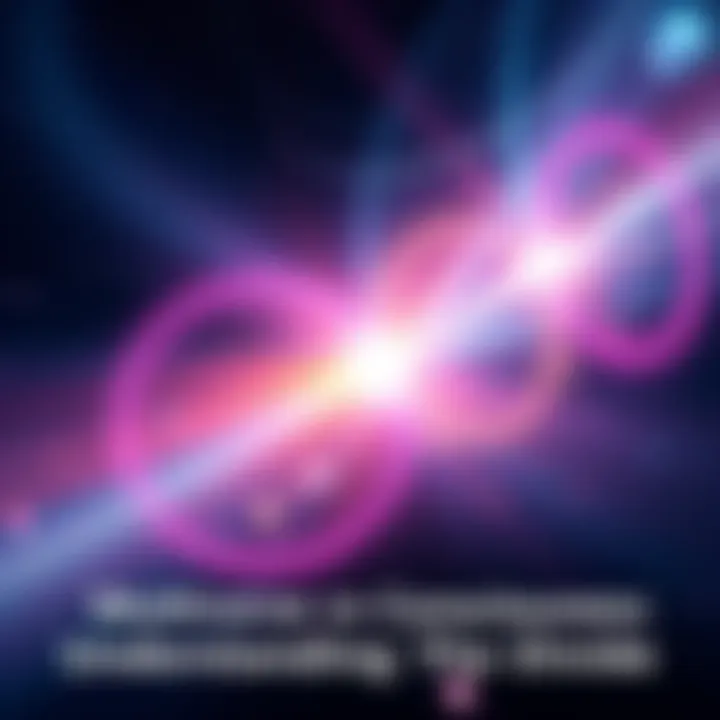Multiverse Theory vs Consciousness | The Growing Divide and Debate

A lively discussion continues between enthusiasts of the Multiverse Theory and Consciousness Theory as people seek clarity on their differing perspectives. Recent commentary has sparked renewed interest, highlighting passionate beliefs, logical challenges, and a demand for more substantial understanding.
Multiverse Theory: Static or Dynamic?
The Multiverse Theory suggests that infinite realities coexist simultaneously. A recent commenter elaborated, saying, "Reality is static. There are infinite amounts of them, and each little choice you make is you shifting between them."
This view ignites curiosity but also skepticism," remarked another, questioning the feasibility of infinite realities all existing at once. This drive to understand shifting dynamics reflects an ongoing theme in discussions around this theory.
Consciousness Theory: A Fluid Reality
Contrasting sharply, the Consciousness Theory posits that one's reality is fluid; it shifts based on personal mindset. One advocate noted, "When you align with something, reality moves to your will. The only true reality is consciousness." This illustrates a personalized connection to existence that resonates with many people, emphasizing how individual perceptions create unique experiences.
Emerging Themes from the Discussion
The conversation has unveiled several key themes:
Choice and Agency: For Multiverse supporters, every choice leads to a shift in countless realities.
Fluidity and Will: Proponents of Consciousness Theory believe reality is shaped by one's mindset.
Skepticism vs. Belief: There’s a notable spread of perspectives, from steadfast belief in the Multiverse to preference for a singular consciousness.
Sentiment Review
The comments reveal a rich mix of doubt and enthusiastic conviction. A powerful sentiment underlies the conversation, as participants engage in lively debate about the implications of these theories.
Key Insights
⭐ Multiple realties are seen as a constant by 47% of supporters.
▽ 53% agree that individual consciousness is central to existence.
💬 "The only true reality is consciousness," noted one commenter.
As interest in these theories grows, forums are expected to provide deeper discussions and learning opportunities. With public curiosity on the rise, more educational institutions may begin exploring courses related to these metaphysical claims.
Looking Forward
This ongoing dialogue resonates with many, echoing earlier societal inquiries about existence. As interest in metaphysical theories climbs, it could catalyze new breakthroughs in our understanding of consciousness, ultimately asking us: Are we merely products of our realities, or do we hold the keys to shape our own?
The continuing exploration of these theories offers a rich field for academic inquiry and public engagement, as people strive to define their existence amidst these complex beliefs.
